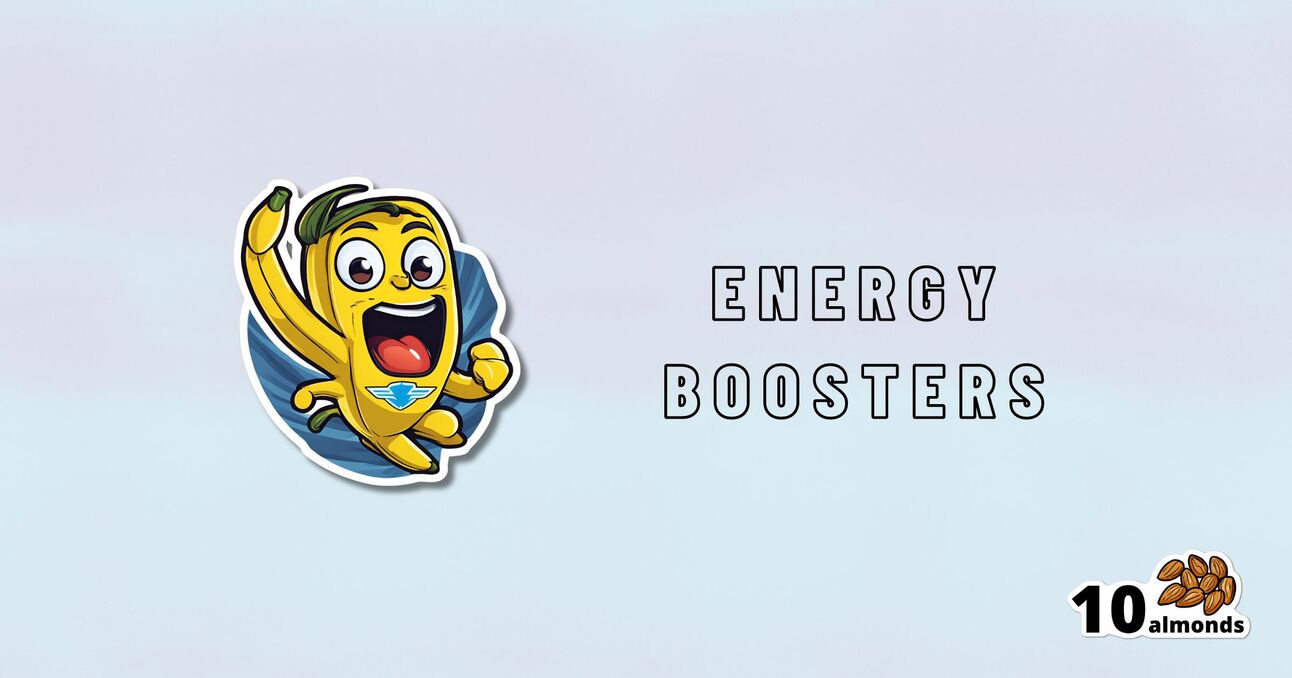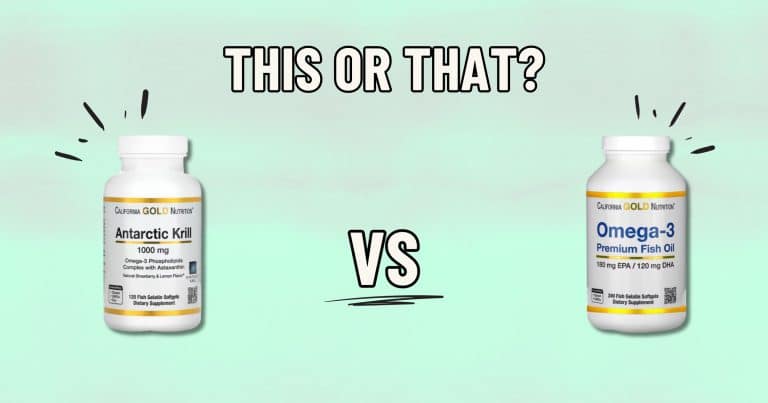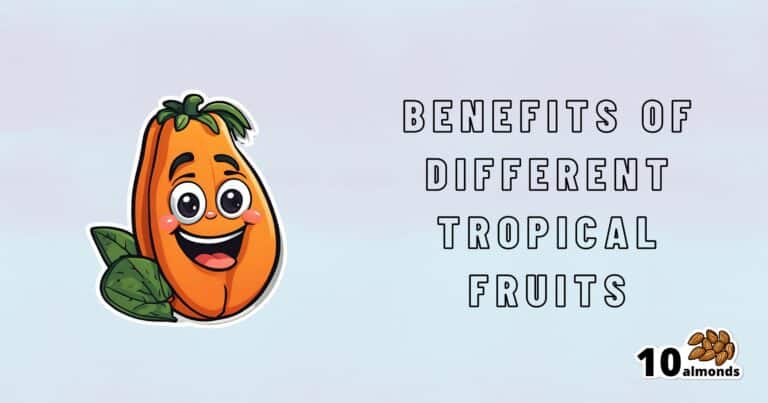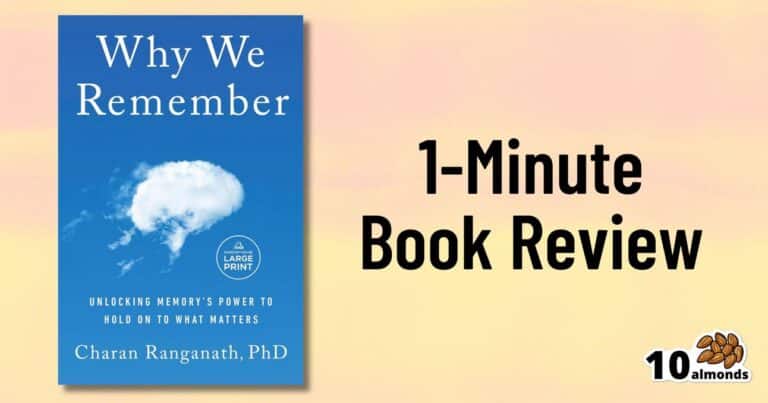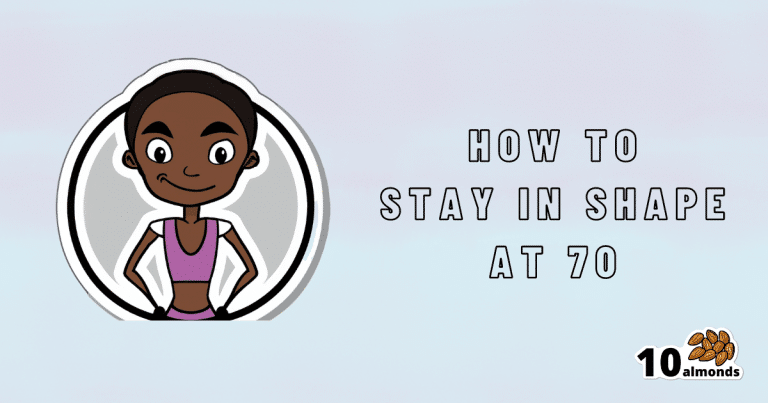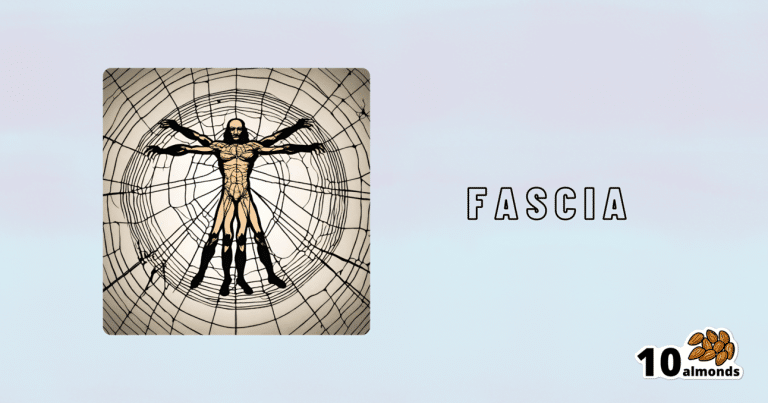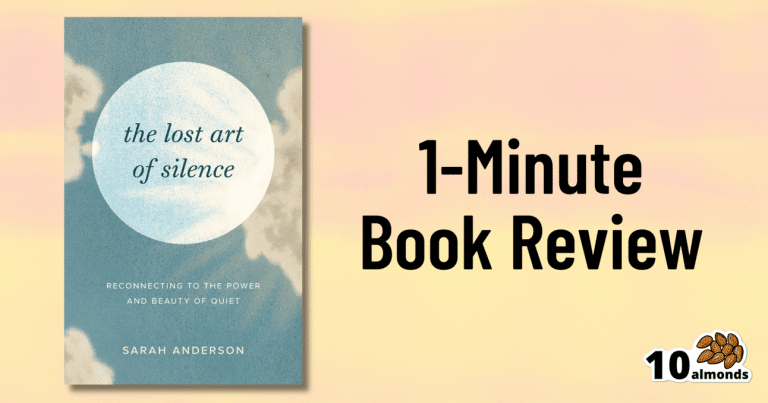Eating For Energy (In Ways That Actually Work)
Snacks & Hacks: The Real Energy Boosters
Declining energy levels are a common complaint of people getting older, and this specific kind of “getting older” is starting earlier and earlier (even Gen-Z are already getting in line for this one). For people of all ages, however, diet is often a large part of the issue.
The problem:
It can sometimes seem, when it comes to food and energy levels, that we have a choice:
- Don’t eat (energy levels decline)
- Eat quick-release energy snacks (energy spikes and crashes)
- Eat slow-release energy meals (oh hi, post-dinner slump)
But, this minefield can be avoided! Advice follows…
Skip the quasi-injectables
Anything the supermarket recommends for rapid energy can be immediately thrown out (e.g. sugary energy drinks, glucose tablets, and the like).
Same goes for candy of most sorts (if the first ingredient is sugar, it’s not good for your energy levels).
Unless you are diabetic and need an emergency option to keep with you in case of a hypo, the above things have no place on a healthy shopping list.
Aside from that, if you have been leaning on these heavily, you might want to check out yesterday’s main feature:
The Not-So-Sweet Science Of Sugar Addiction
…and if your knee-jerk response is “I’m not addicted; I just enjoy…” then ok, test that! Skip it for this month.
- If you succeed, you’ll be in better health.
- If you don’t, you’ll be aware of something that might benefit from more attention.
Fruit and nuts are your best friends
Unless you are allergic, in which case, obviously skip your allergen(s).
But for most of us, we were born to eat fruit and nuts. Literally, those two things are amongst the oldest and most well-established parts of human diet, which means that our bodies have had a very long time to evolve the perfect fruit-and-nut-enjoying abilities, and reap the nutritional benefits.
Nuts are high in fat (healthy fats) and that fat is a great source of energy’s easy for the body to get from the food, and/but doesn’t result in blood sugar spikes (and thus crashes) because, well, it’s not a sugar.
See also: Why You Should Diversify Your Nuts
Fruit is high in sugars, and/but high in fiber that slows the absorption into a nice gentle curve, and also contains highly bioavailable vitamins to perk you up and polyphenols to take care of your long-term health too.
Be warned though: fruit juice does not work the same as actual fruit; because the fiber has been stripped and it’s a liquid, those sugars are zipping straight in exactly the same as a sugary energy drink.
See also: Which Sugars Are Healthier, And Which Are Just The Same?
Slow release carbs yes, but…
Eating a bowl of wholegrain pasta is great if you don’t have to do anything much immediately afterwards, but it won’t brighten your immediately available energy much—on the contrary, energy will be being used for digestion for a while.
So if you want to eat slow-release carbs, make it a smaller portion of something more-nutrient dense, like oats or lentils. This way, the metabolic load will be smaller (because the portion was smaller) but the higher protein content will prompt satiety sooner (so you addressed your hunger with a smaller portion) and the iron and B vitamins will be good for your energy too.
See also: Should You Go Light Or Heavy On Carbs?
Animal, vegetable, or mineral?
At the mention of iron and B vitamins, you might be thinking about various animal products that might work too.
If you are vegetarian or vegan: stick to that; it’s what your gut microbiome is used to now, and putting an animal product in will likely make you feel ill.
If you have them in your diet already, here’s a quick rundown of how broad categories of animal product work (or not) for energy:
- Meat: nope. Well, the fat, if applicable, will give you some energy, but less than you need just to digest the meat. This, by the way, is a likely part of why the paleo diet is good for short term weight loss. But it’s not very healthy.
- Fish: healthier than the above, but for energy purposes, just the same.
- Dairy: high-fat dairy, such as cream and butter, are good sources of quick energy. Be aware if they contain lactose though, that this is a sugar and can be back to spiking blood sugars.
- As an aside for diabetics: this is why milk can be quite good for correcting a hypo: the lactose provides immediate sugar, and the fat keeps it more balanced afterwards
- Eggs: again the fat is a good source of quick energy, and the protein is easier to digest than that of meat (after all, egg protein is literally made to be consumed by an embryo, while meat protein is made to be a functional muscle of an animal), so the metabolic load isn’t too strenuous. Assuming you’re doing a moderate consumption (under 3 eggs per day) and not Sylvester Stallone-style 12-egg smoothies, you’re good to go.
See also: Do We Need Animal Products To Be Healthy?
…and while you’re at it, check out:
Eggs: Nutritional Powerhouse or Heart-Health Timebomb?
(spoiler: it’s the former; the title was because it was a mythbusting edition)
Hydration considerations
Lastly, food that is hydrating will be more energizing than food that is not, so how does your snack/meal rank on a scale of watermelon to saltines?
You may be thinking: “But you said to eat nuts! They’re not hydrating at all!”, in which case, indeed, drink water with them, or better yet, enjoy them alongside fruit (hydration from food is better than hydration from drinking water).
And as for those saltines? Salt is not your friend (unless you are low on sodium, because then that can sap your energy)
How to tell if you are low on sodium: put a little bit (e.g. ¼ tsp) of salt into a teaspoon and taste it; does it taste unpleasantly salty? If not, you were low on sodium. Have a little more at five minute intervals, until it tastes unpleasantly salty. Alternatively have a healthy snack that nonetheless contains a little salt.
If you otherwise eat salty food as an energy-giving snack, you risk becoming dehydrated and bloated, neither of which are energizing conditions.
Dehydrated and bloated at once? Yes, the two often come together, even though it usually doesn’t feel like it. Basically, if we consume too much salty food, our homeostatic system goes into overdrive to try to fix it, borrows a portion of our body’s water reserves to save us from the salt, and leaves us dehydrated, bloated, and sluggish.
For more on salt in general, check out:
How Too Much Salt Can Lead To Organ Failure: Lesser-Known Salt Health Risks
Take care!

